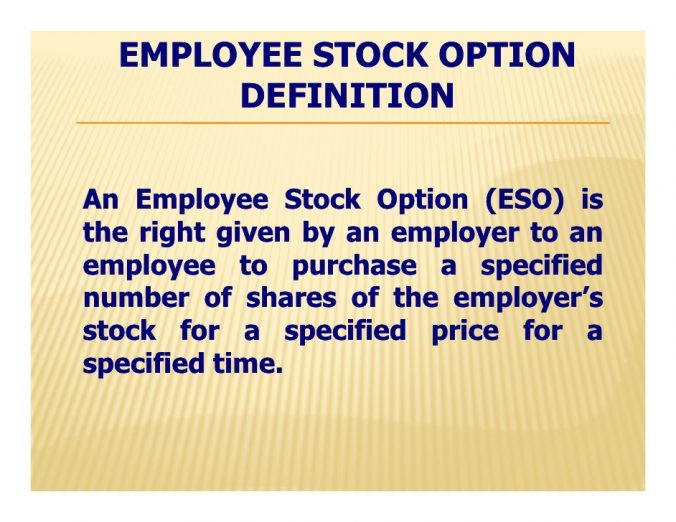If you are considering taking a job where you are offered stock options as part of your compensation, you should measure the risks and the potential rewards.
Here are some basics, but do your research and ask detailed questions before you commit to a position where stock options are offered as part of (or in lieu of) your compensation:
* Employee stock options are most common among startup companies. The options give you the opportunity to purchase shares of your company’s stock at a specified price, typically referred to as the “strike” price. Your right to purchase – or “exercise” – stock options is subject to a vesting schedule, which defines when you can exercise the options.
* Employers offer stock options as either an incentive to attract talent or as a part of a benefit package. Ideally, for a company, they are attracting a team of folks who are committed to increasing the success (and value) of the company through this incentive.
* Options are not liquid. They are simply opportunities that allow you to purchase company stock at a pre-determined price (and time) that is (hopefully) lower than the current market price of the stock. Even when the time comes to exercise your options, you will still need cash to exercise your options. But you need to understand the price of your options and the schedule for exercising your options when you start: If you get 5,000 options at the current value of .25 per option and the company goes public and begins trading at $25.00 per-share then you’ll do pretty good, but there is no guarantee that the value of your company’s stock will increase.
* Stock options typically expire 10 years from the date of grant. It is important to be familiar with the details of your company stock plan. The company does not have to let you know when your options are close to expiration.
* When you leave a company, you typically have 90 days to exercise vested options (check your company stock plan). After that time, you have lost the right to those shares.
* While startups use stock options as a great recruitment tool to entice good talent to join them, they are also fully aware that these stock options can dilute the value of the company as well and take steps to slow down the ability of employees to exercise their options.
Here’s some other tips from professionals relating to stock options:
* First and foremost ensure that you receive and they can afford a salary that warrants your expertise.
* Make sure you’re told how many shares the company has. Startups might give you 5,000 shares at $20 a share but then divide the shares every time they hire a new person that also gets offered shares, quickly devaluing your shares. Them just offering you shares and not providing anything in writing as to what they are worth, over how long, should be a big red flag.
* Beware of promised time frames. My wife was part of a startup that was supposed to sell within 3 years. It took 8 years before it finally sold. Luckily, the pay was good and it was well worth the wait.
BOTTOM LINE? Do your research and consult with a professional investment adviser. There are tax implications relating to stock options that also need to be considered. While many professionals have enjoyed great monetary rewards from their negotiated stock options package, there are many others who have worked for far less than their professional value while the company has not increased in value.









